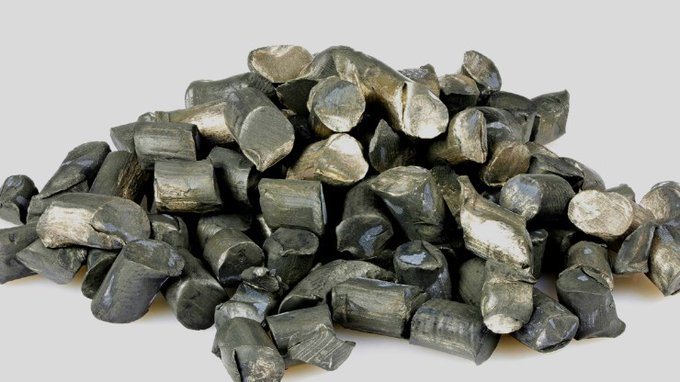|
Getting your Trinity Audio player ready...
|
The Southern Africa Resource Watch (SARW) proposes that the Zimbabwean government puts in place further reforms that complement its policy decision to ban raw lithium exportation to alleviate the negative impacts on Artisanal miners that the recent ban has had.
Lithium is one of the critical minerals required for energy transition and the manufacturing of cleaner technologies such as electric vehicles and Zimbabwe is the world’s sixth-largest producer and the largest lithium miner on the continent.
The recent ban on exporting raw lithium by Zimbabwe was designed to encourage investment in local processing facilities with an aim to make it a bigger player in the Electrical Vehicle battery production value chain and support its clean energy transition. According to the state-owned newspaper, the Herald, the country lost US$1.8bn in mineral revenues due to unregulated artisanal mining, smuggling, and “externalisation to South Africa and the United Arab Emirates”.
Although SARW appreciates the economic imperative of banning raw lithium exportation, it is concerned about how its implementation has largely affected the artisanal miners who were earning a living from mining the ore and selling without value addition. The ASM sector in Zimbabwe remains critical as it contributes to the livelihood of over 1,5 million people in the country.
SARW proposes that the Zimbabwean government introduce a comprehensive and supportive ASM policy regime that encourages and incentivises the legalisation and formalisation of the sector. The country should create a legal and policy environment that is objective, consistent, transparent, and non-discriminatory to some of the players in the sector. The gradual and systematic implementation of policies in a transparent and strategic way is key for the sector to thrive and for ensuring that the rights of those involved in mining are observed.
SARW contends that policies should address not just the economic aspects but be accompanied by education, training and transitional provisions that ensure that those affected by the policy are not disadvantaged. The Zimbabwe government could organise artisanal miners in cooperatives and provide each registered cooperative with an artisanal mining zone(s) to exploit Lithium which will be purchased by a government set-up company. However, mechanisms should be put in place to avoid the replica of what is happening in the gold and diamonds industries where we have seen the interplay between historical power relations and formal institutions that use cooperatives and joint ventures as an instrument for economic, political, and customary elites to continue exercising power and exploiting miners economically. SARW is against setting up cooperatives that ‘legalize’ exploitation including child labour and women’s disfranchisement and abuse.
To minimise conflicts, SARW proposes that government policy should encourage collaboration between industrial mining and cooperatives to ensure skills and technology transfer including the provision of required technology to improve working conditions of miners and train on environmental, social and governance (ESG) insights of mining.






